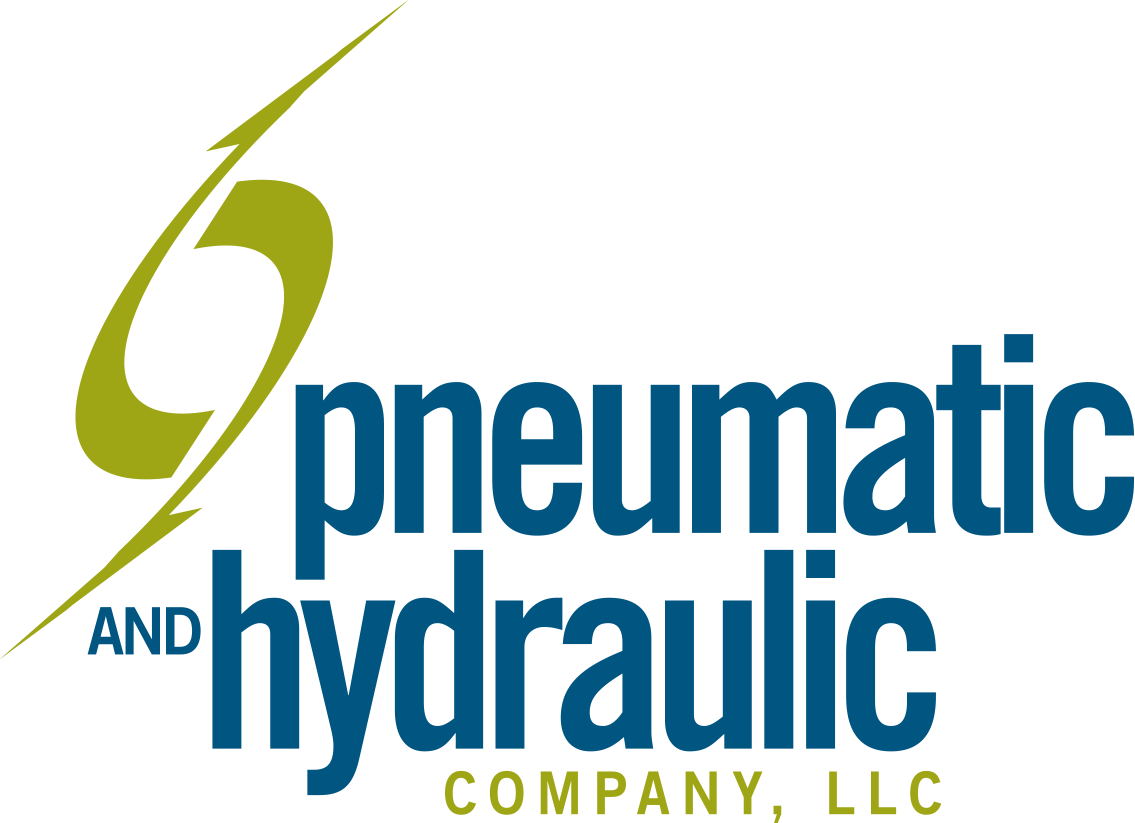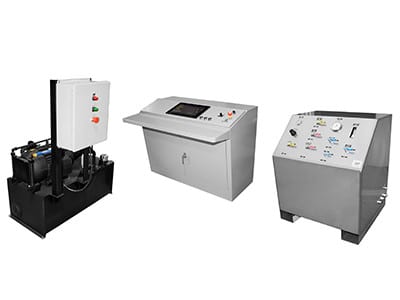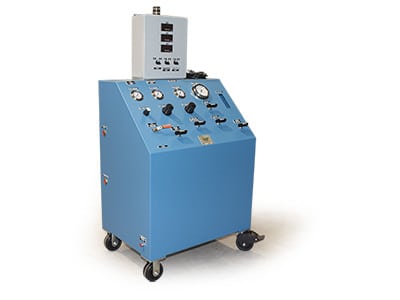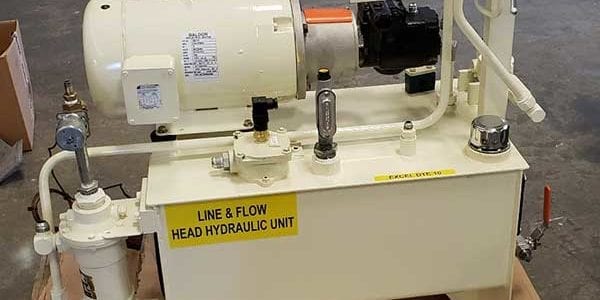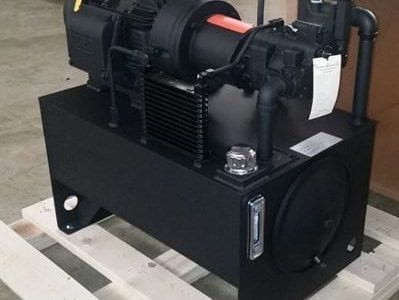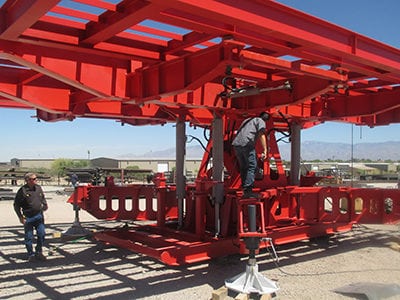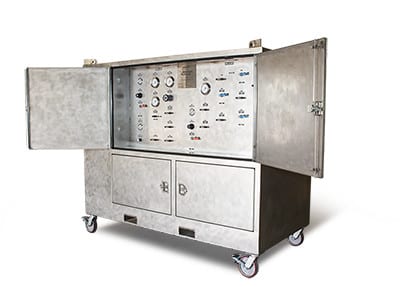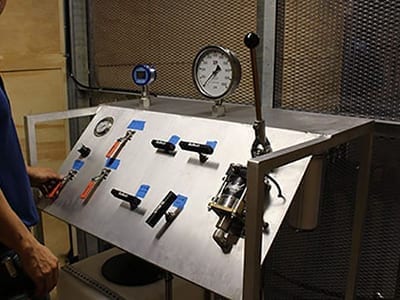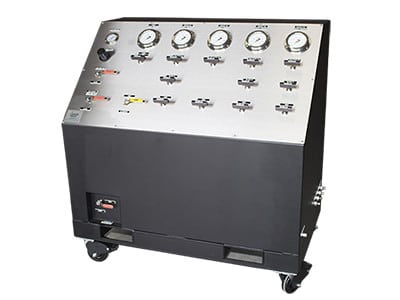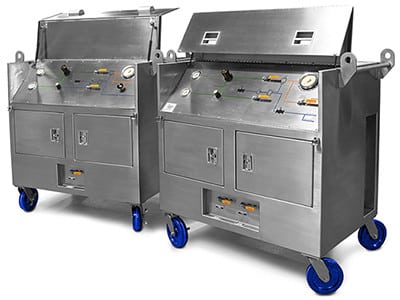Remote Valve Torque Arm
The fully welded ball valve is one of the most trusted and popular valves used in the petroleum industry today. With the recent oil boom in Texas, the demand for ball valves is high, and valve manufacturers are always looking for a way to increase safety precautions during production while maintaining their same production frequency.
For one of our customers, one of the largest valves and measurement manufacturing companies in the U.S., we designed and installed a Remote Valve Torque Arm to improve and automate their production. The Torque Arm aids in the testing of their ball valves, reassuring the quality of valves. It is designed to open and close ball valves up to 42 inches in diameter and helps improve the safety of their quality control processes.
The arm moves the 105 lb electric motor and gearbox assembly effortlessly through the air. The motor and gearbox are what actually opens and closes each valve, testing its functionality. With a rotating torque transducer mounted directly onto the assembly, testing personnel can continuously measure and monitor the torque used, assuring a standard level of torque is maintained when testing each valve.
The actual arm of the Remote Torque Arm stays at a constant angle, but has a 12-foot reach and a 6-foot range of vertical travel. The range of travel allows the motor and gearbox assembly to move horizontally and vertically as needed when testing the functionality of different-sized valves.
Prior to this installation, our customer was opening and closing valves with a pneumatic ratchet. The problem with the ratchet is that it requires direct human contact which exposes testing personnel to possible valve failures. The Remote Torque Arm operates inside of a test bunker separating workers from the test area, securing their safety. The arm itself moves manually and has pneumatic brakes and a balancing cylinder. The electric motor is operated via push buttons on the electrical enclosure. The electric motor is coupled to a gearbox and torque transducer. The touch screen HMI located outside the test area captures the max torque value for each specific torque test. The lack of direct human contact with the valve greatly reduces safety concerns in the testing area.
The Remote Torque Arm was a huge advancement for our customer’s operations. The Torque Arm increases the safety aspect of the operations without slowing down production. This project is another example of PHC’s commitment to “Service Beyond All Expectations” as well as the quality and ingenuity of our team of engineers.
Contact us today and learn how we can help you automate your operations.
